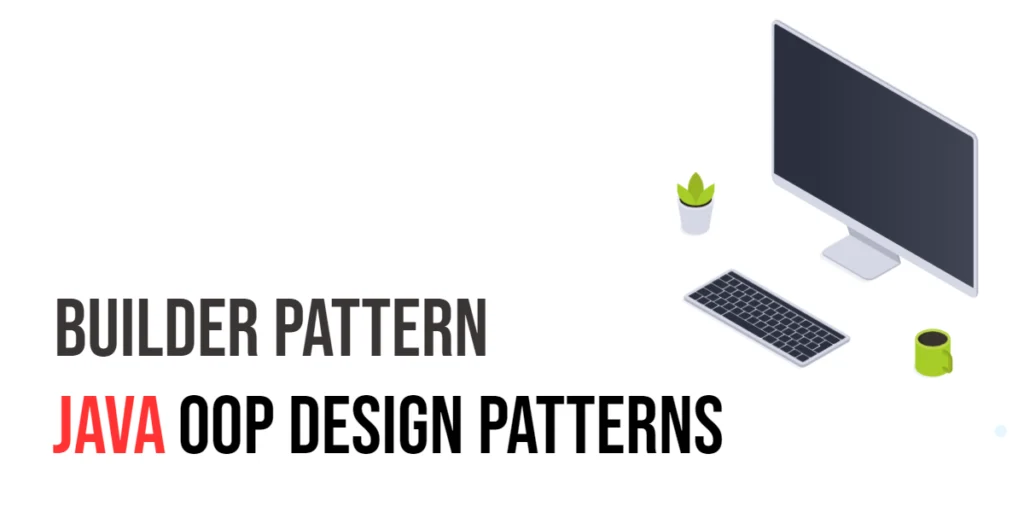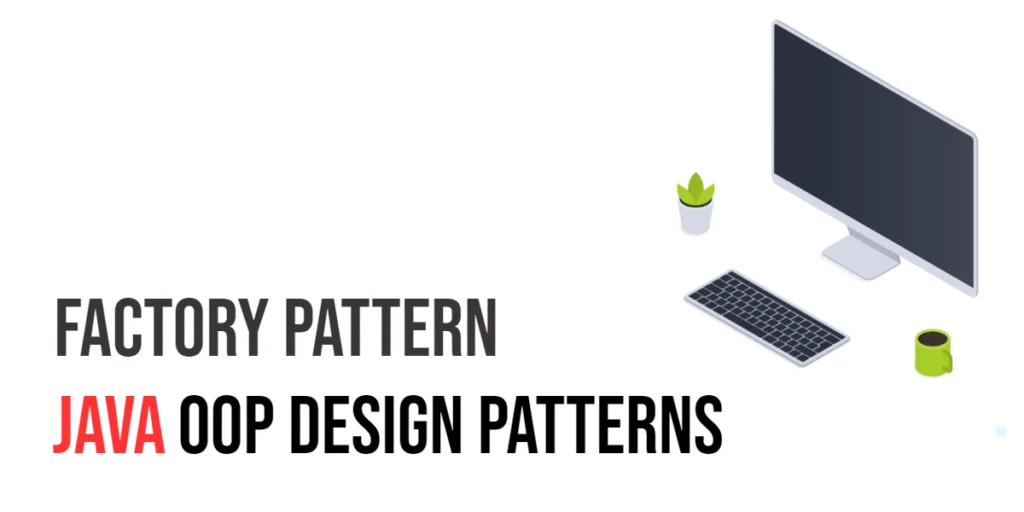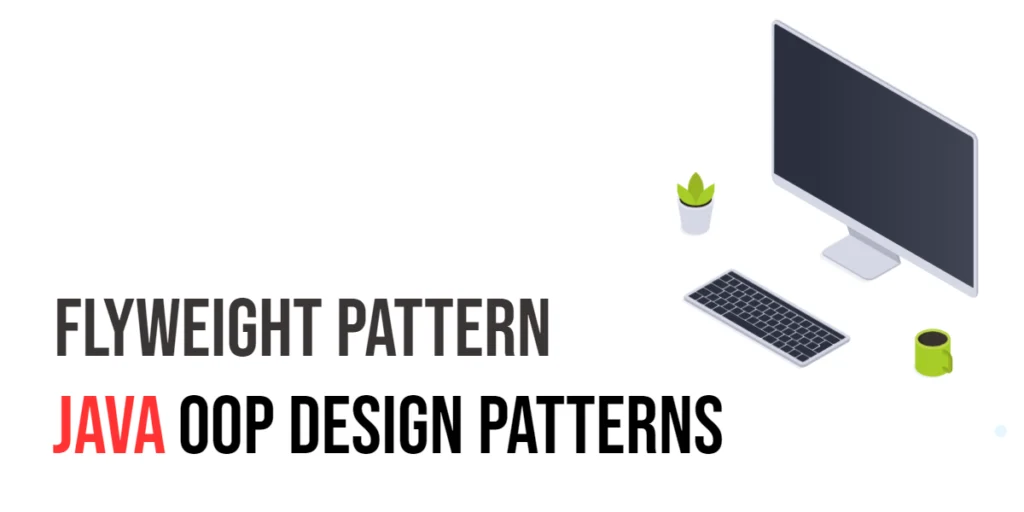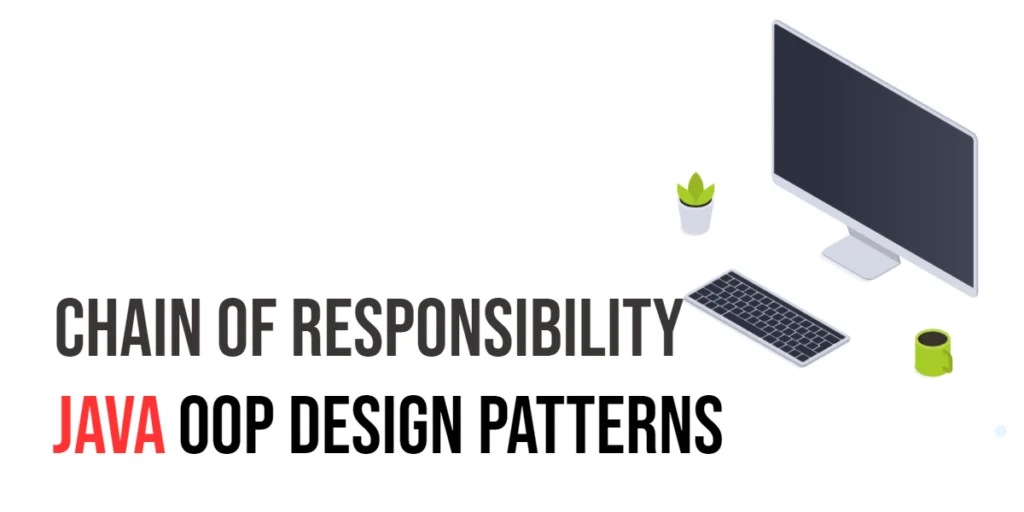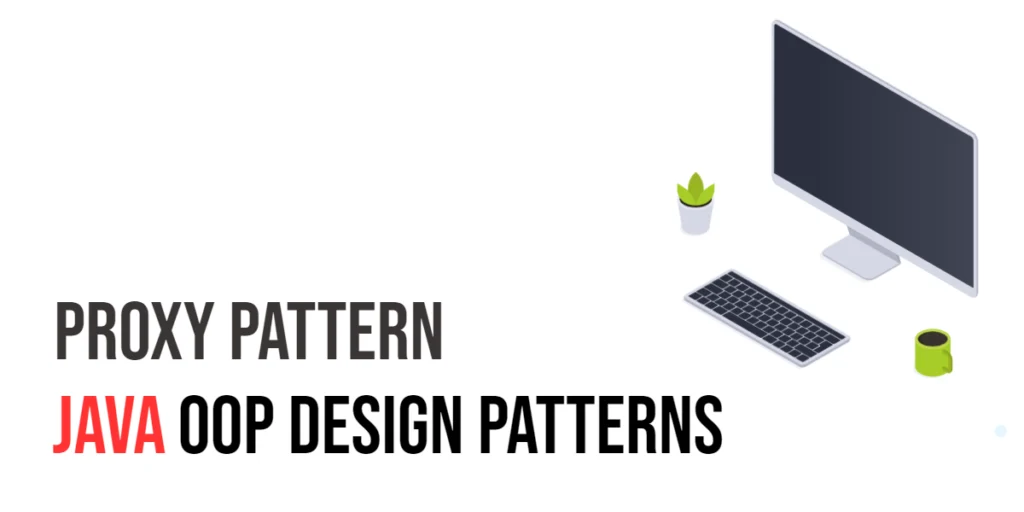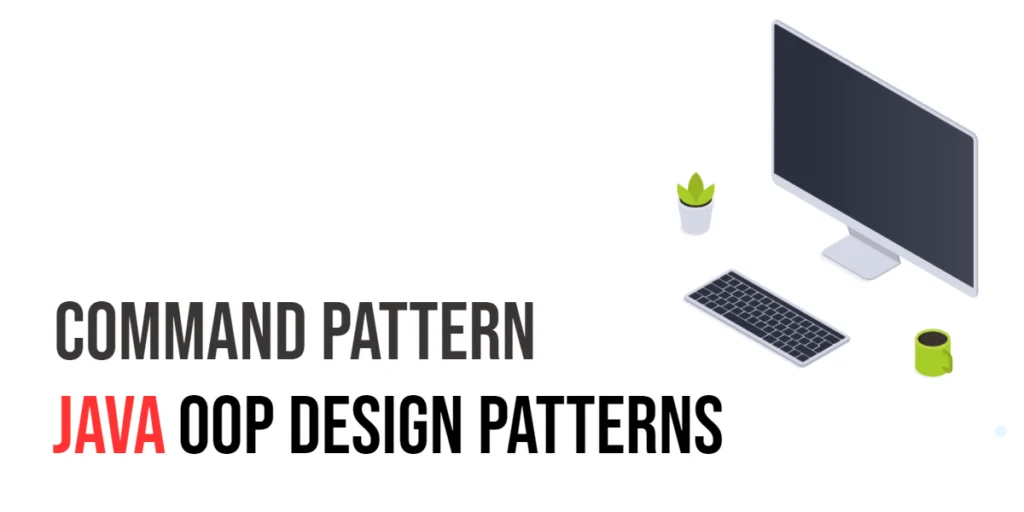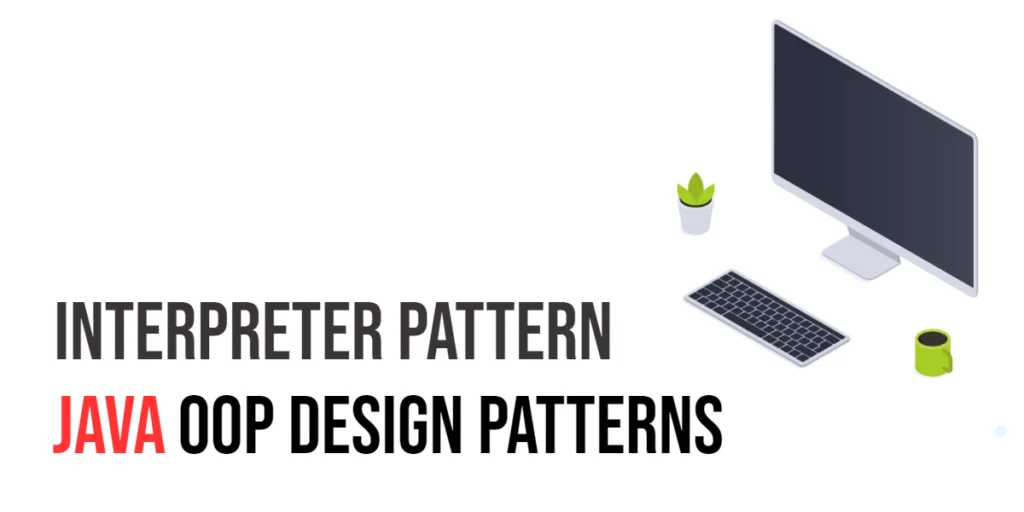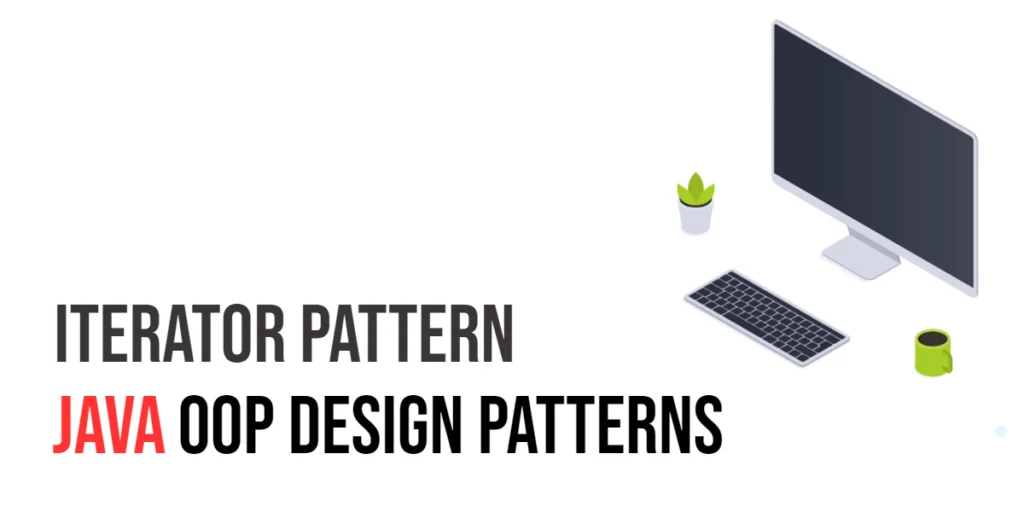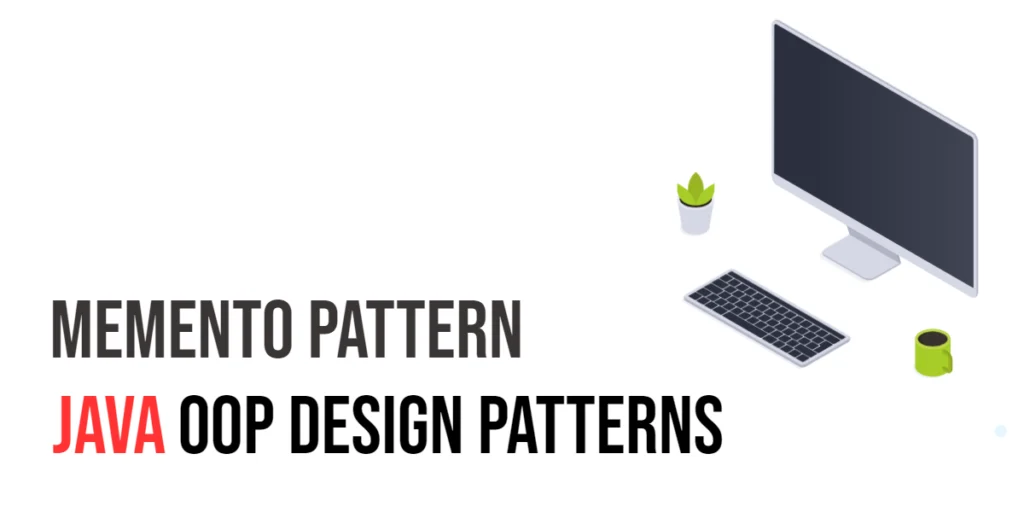Java OOP Design Patterns: Builder Pattern
In the realm of software development, think of design patterns as tried-and-true blueprints that solve typical challenges in building applications. Among these invaluable patterns is the Builder Pattern, a standout within the creational design patterns group. Creational patterns are all about crafting objects in a system. What makes the Builder Pattern particularly special is its […]
Java OOP Design Patterns: Builder Pattern Read More »
